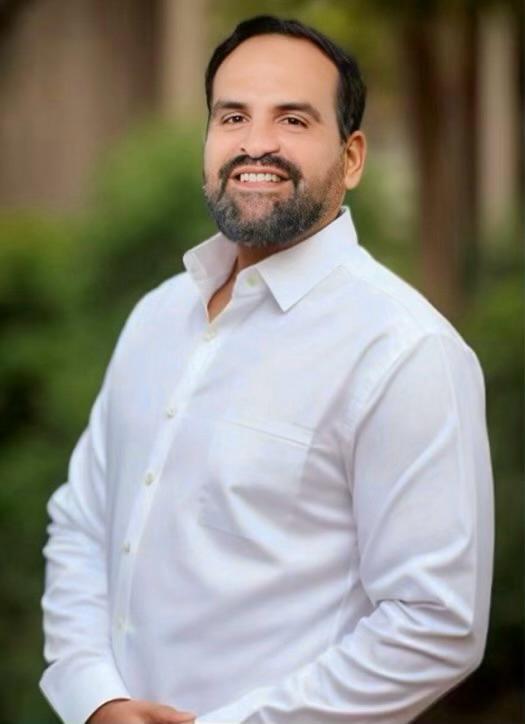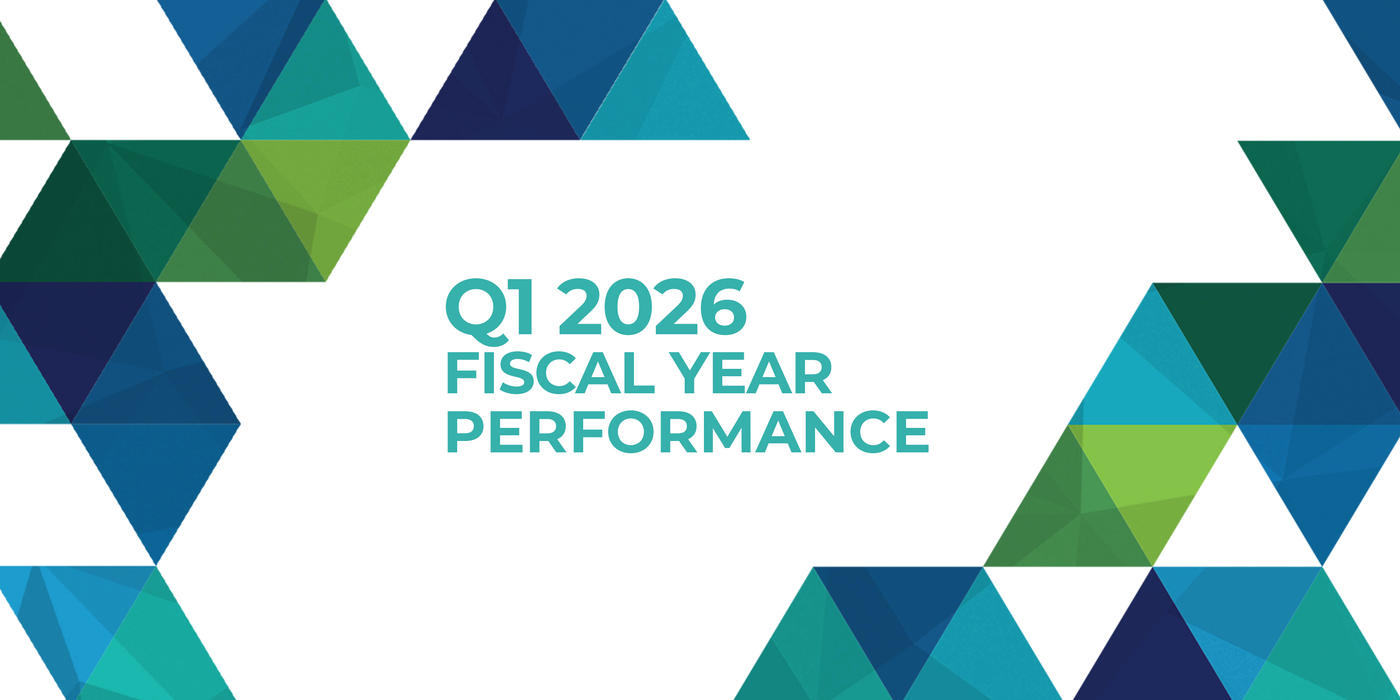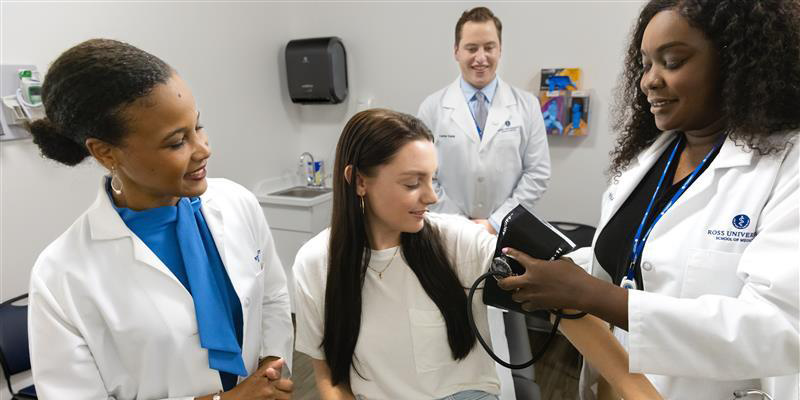Doctoral student Aniello Alberti turned his experience with Hurricane Maria into research-based expertise that can help campus leaders prepare for the next climatological disaster.
When Hurricane Maria devastated Puerto Rico in September of 2017, Aniello Alberti was an admissions officer for Conservatorio De Música de Puerto Rico, a small, liberal arts college in San Juan. The island’s electrical grid was destroyed, disrupting telecommunications and the water supply. Much of Puerto Rico was in the dark for months.
Resilience became the driving force in his personal and professional life.
His work helping reopen the college motivated him to research how universities prepare so that they continue to provide access to education. That led him to Walden University’s Doctor of Education program with a specialization in Educational Leadership and Administration.
Today, he is an instructor and works on international experiences for students. As he nears the end of his doctoral program, he presented his capstone research, “The Concept of Leadership During a Climatological Crisis,” at Walden’s Social Change Fellows Symposium. For this case study, he interviewed 12 college administrators who helped lead their institutions after the hurricane. He hopes that insights from his study will help leaders in higher education in Puerto Rico and around the globe.
His recommendations are timely. Experts predict the 2024 hurricane season in the Atlantic will include the highest number of hurricanes ever.
Tips for Higher Education Leaders
- Focus on the security, safety, and support of your communities as the primary drivers of action.
- Draft crisis leadership plans that emphasize the “tenacity, tactics, and grit” required to influence action across various organizational challenges.
- Take a human-centered approach by focusing on the emotional aspects of the different losses experienced by students and the community.
- Be flexible and creative in how you communicate. After Hurricane Maria, colleges used signs and billboards to post support phone numbers and reopening dates. They also used AM radio to announce updates. In some cases, leaders drove to the homes of students.
“When academic institutions focus on the whole community in crisis, they are actually creating trust,” says Alberti. “In the long term, this makes education more accessible. After the crisis, this results in greater retention and recruitment of new students.”
For more information, email the Adtalem Global Communications Team: adtalemmedia@adtalem.com.




